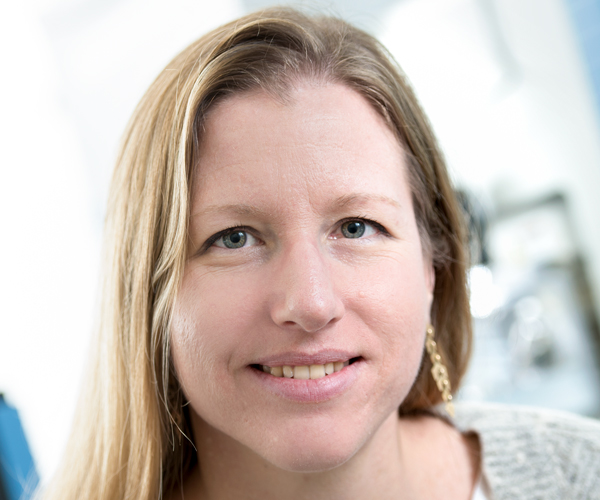

Only about 1% of somatic mutations seen in the genome sequences of cancer cells actually elicit anti-tumor T cell responses, as not all mutant proteins are processed and presented to the immune system by HLA molecules on the cellular surface. Mass spectrometry-based immunopeptidomics, which identifies cancer antigens isolated from tumor tissues that are actually presented to T cells, is thus a valuable tool for the identification of antigens for use in personalized immunotherapies. But methods employed in the clinic often entail a trade-off between capturing the global immunopeptidome—which can divulge valuable information about antigen presentation defects and help train machine learning models—and sensitivity for selected antigen targets. Researchers led by Ludwig Lausanne’s Ilja Shapiro and Michal Bassani-Sternberg reported in an August publication in Nature Communications a new immunopeptidomics mass spectrometry acquisition method, NeoDiscMS, that overcomes this limitation. They showed using tumor cell lines and scarce patient samples that NeoDiscMS can enhance the speed and sensitivity of detecting antigenic targets without sacrificing information on the global diversity of the immunopeptidome. NeoDiscMS enhances the identification of peptides derived from tumor-associated antigens by up to 20% and improves confidence in detected neoantigens compared to the gold standard methods for such purposes. The NeoDiscMS module is included within NeoDisc—a start-to-finish computational pipeline for cancer vaccine design.
Sensitive neoantigen discovery by real-time mutanome-guided immunopeptidomics
Nature Communications, 2025 August 7